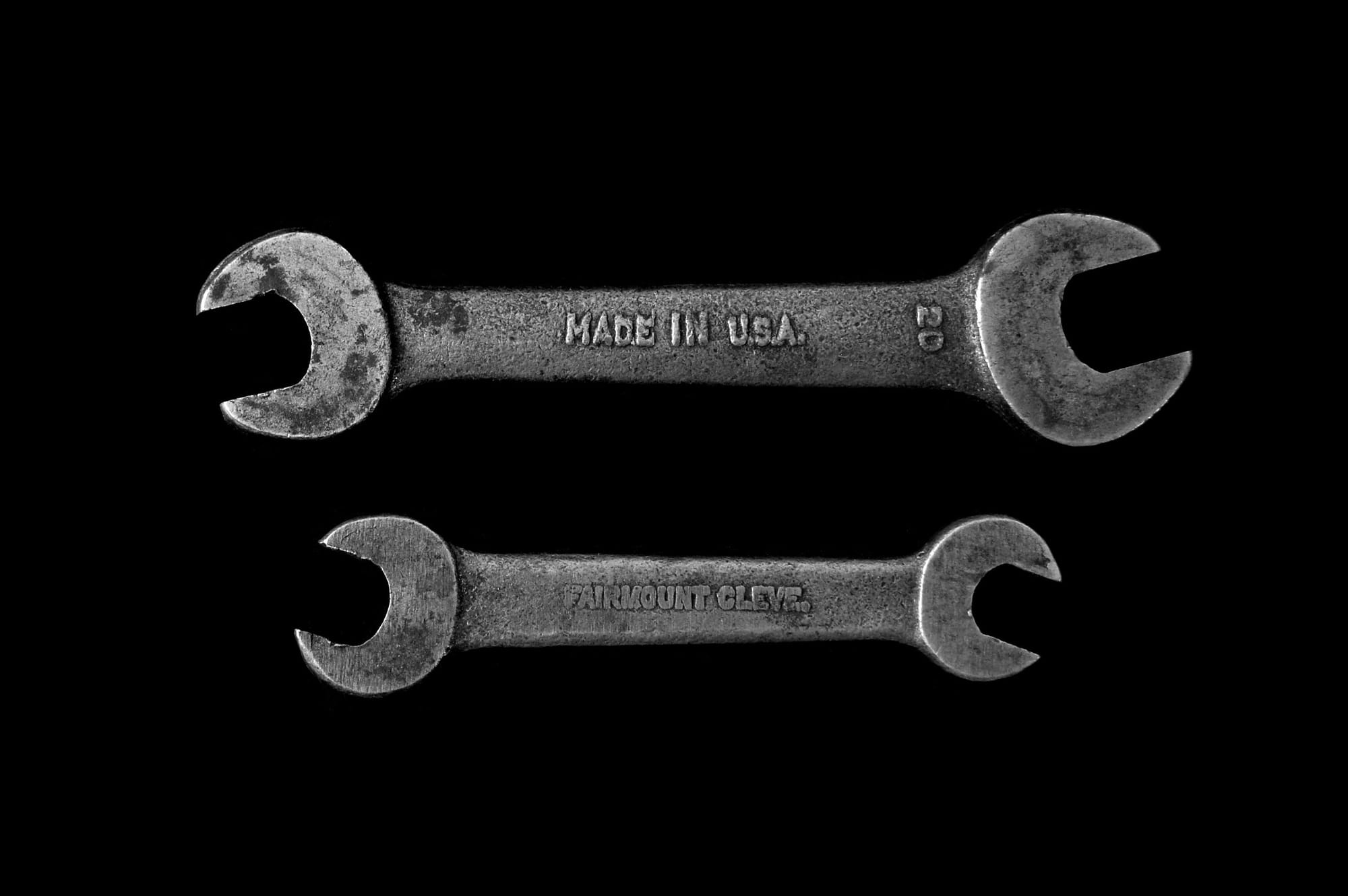How to Work Smarter, Not Harder

We’ve all heard the saying “Work smarter, not harder”. Usually, we hear it when someone is being lazy, making light of their lack of effort.
But it’s catchy, it sounds good, it sounds like something we’d all like to do.
Getting equal output for less input is an attractive idea, so how do we turn an old saying our grandmothers say into reality? Into something tangible that helps roll the ball forward?
It’s with something called leverage.
What is Leverage?
I asked ChatGPT to define it, and here’s what it said: “Leverage is the strategic use of resources — time, knowledge, tools, people, or capital — to multiply the impact of your effort and achieve greater results than you could through direct work alone. In simple terms: Leverage is doing less to achieve more.”
A common example of leverage is using a wrench to loosen a stiff nut. Using a wrench with a short handle is hard, but if you swap it for one with a longer handle, it becomes much easier.
Same person, same arm, same force, better outcome.
I’ll give you a personal example. I will achieve more and better results from spending 2 hours writing on a Saturday morning after a run and full of caffeine than I will from trying to write for 2 hours every single day mid-week.
I use my optimal state of mind as leverage to achieve better outcomes.
AI is a form of leverage, using the right people is leverage, interest rates are leverage, and the list goes on.
How to Use Leverage

Hopefully, by now, you’re wanting to know how you can start leveraging your inputs to maximise outputs, in essence, how to work smarter instead of harder.
The truth is, there is no magic formula or hidden secret to leverage, but there is a lesser-known and slightly unattractive method to identifying and using it.
Experience. You have to first do the hard work, gain experience and knowledge, and only then will it lead you to being able to see opportunities for leverage.
To go back to the wrench example. If all you had ever used was the longer wrench, although your outputs would be good, you’d never know. You first have to struggle with the shorter one for you to then fully grasp the idea of leverage when you use the longer wrench.
But the reason you have to work hard first is that that’s all we have at our disposal at the beginning.
When you first start something, if it’s anything worth doing, you’ll be terrible to begin with, because it’s hard to do.
To progress at the start, the only thing you can do to improve is put in the work, that’s your only tool. However, once you gain adequate experience and get good enough, you then have the ability to identify aspects of work that can be leveraged.
The truth is, if you’re yet to understand and use leverage, you’re probably not quite there yet with whatever it is you’re doing. But knowing what it is and how it works is still the first step.
Now, just keep your eyes peeled and be ready for when it shows up.
If you feel as though I’m wrong, and you have put in enough time and hard work, then ask yourself these questions:
‘When I do that thing at my absolute best, what’s different?’
Think of how you feel, what you did before, what you ate, maybe even what you did the day before, etc.
‘The people that I know who do this at its absolute best, what do they do or have that I don’t?’
Try to identify what makes someone great. Even if you can’t do or have the exact thing, you may be able to find something similar enough to mimic the results.
Whatever it may be, you just need to start thinking outside the box, find ways to get more from doing less, that’s where mastery comes from.

